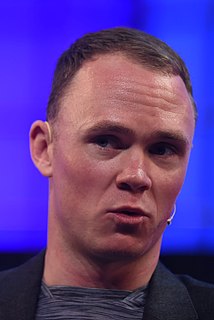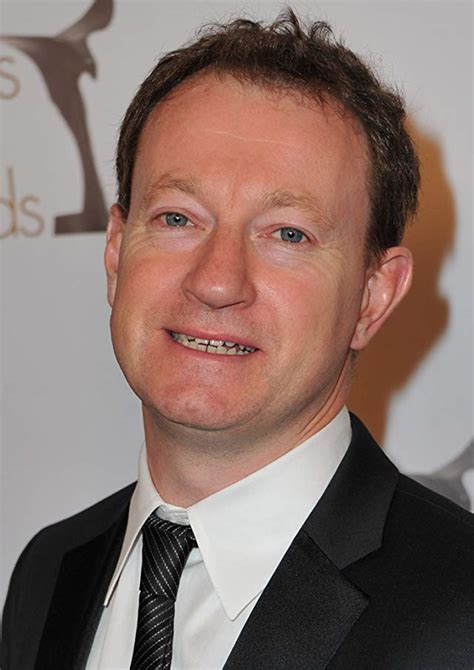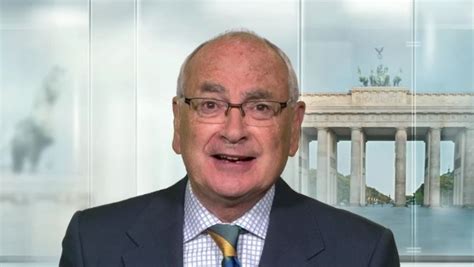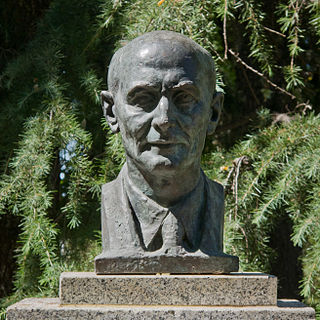A Quote by Tina Brown
I think British journalists do well in America because the newspaper culture there is so strong - telling stories and presenting them readably is in their DNA. British newspapers get a terrible rap, but they are brilliant in their presentation, most of them, so full of vitality and literary wit.
Related Quotes
I think that all journalists, specifically print journalists, have a responsibility to educate the public. When you handle a culture's intellectual property, like journalists do, you have a responsibility not to tear it down, but to raise it up. The depiction of rap and of hip-hop culture in the media is one that needs more of a responsible approach from journalists. We need more 30-year-old journalists. We need more journalists who have children, who have families and wives or husbands, those kinds of journalists. And then you'll get a different depiction of hip-hop and rap music.
I think that all journalists, specifically print journalists, have a responsibility to educate the public. When you handle a culture's intellectual property, like journalists do, you have a responsibility not to tear it down, but to raise it up. The depiction of rap and of hip-hop culture in the media, I think, is one that needs more of a responsible approach from journalists.
No woman or man is any one thing and the men in my stories, well, some of them are good and some of them are terrible, and most of them make the lives of the women they love much harder than need be. Why? Because that's the kind of storytelling I was drawn to when I wrote these stories, most of which are at least seven years or more old.
I do not think the British want to become America's "Airstrip One," as the British Isles are called in George Orwell's "1984." The EU's internal market was a massive success even before the UK joined it, and it joined because there was no real alternative. So while British tabloids are expecting to be punished by Germany, Brexit is punishment in itself.
I grew up in a very British family who had been transplanted to Canada, and my grandmother's house was filled with English books. I was a very early reader, so I was really brought up being surrounded with piles of British books and British newspapers, British magazines. I developed a really great love of England.


































